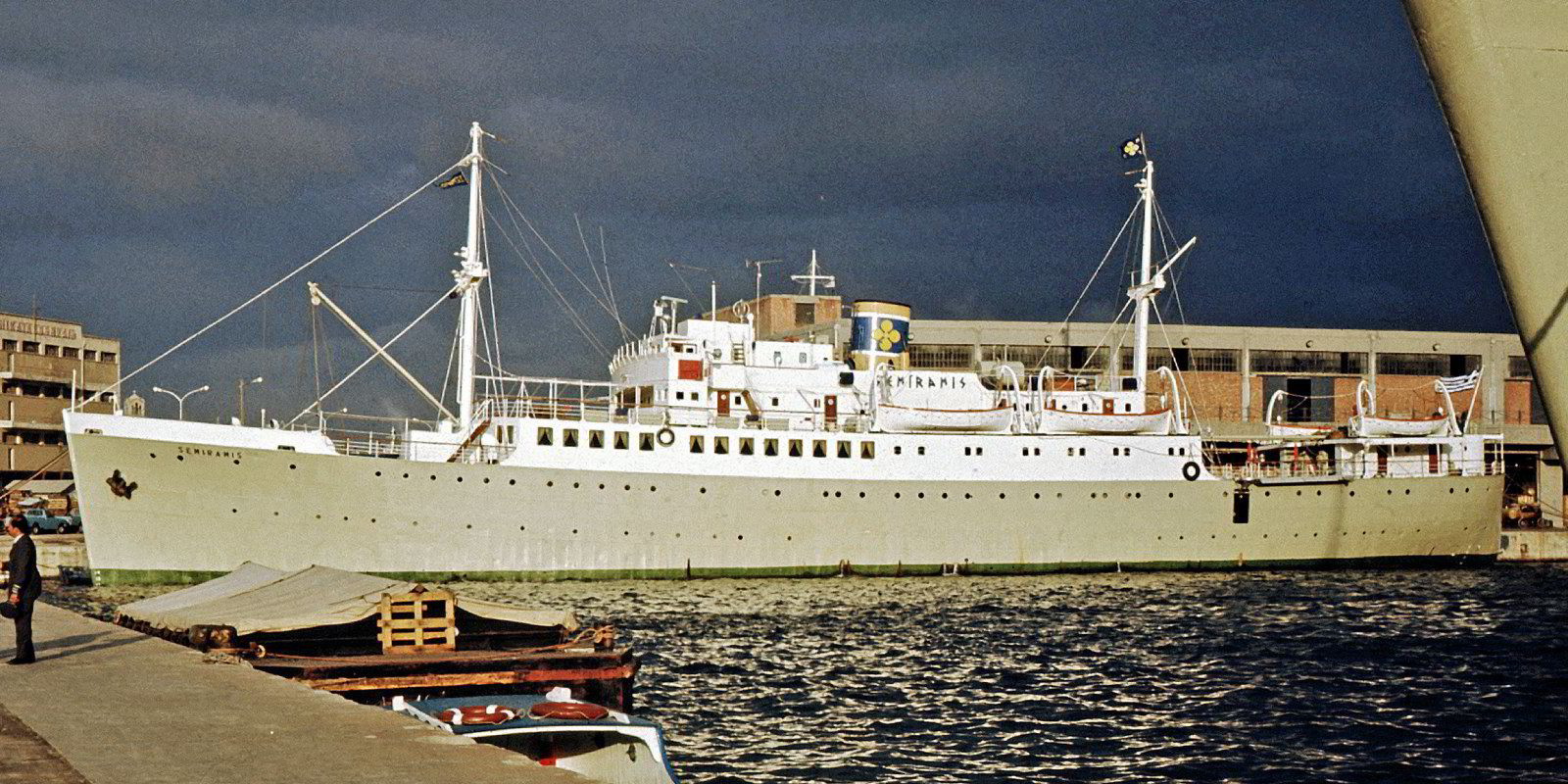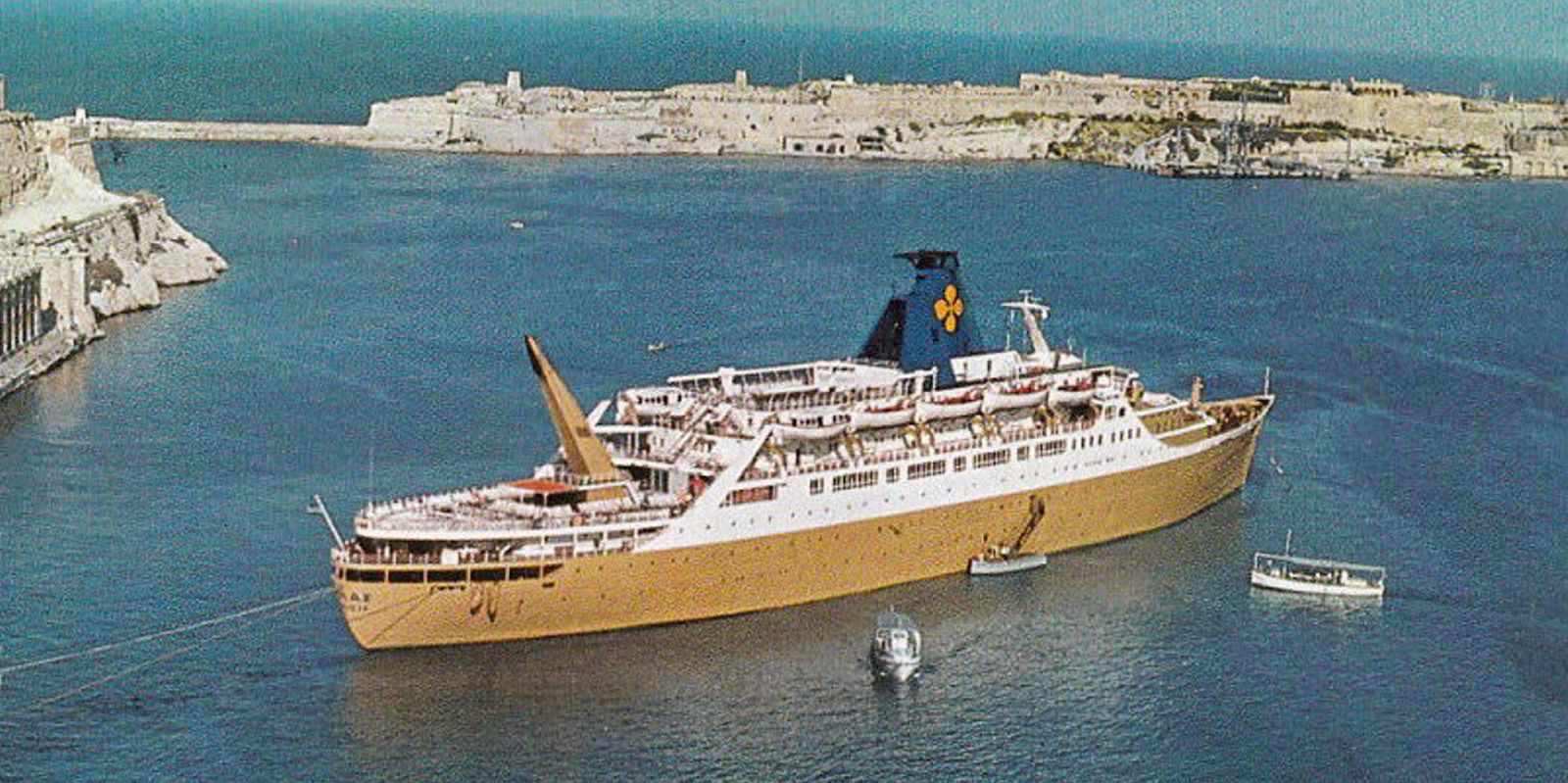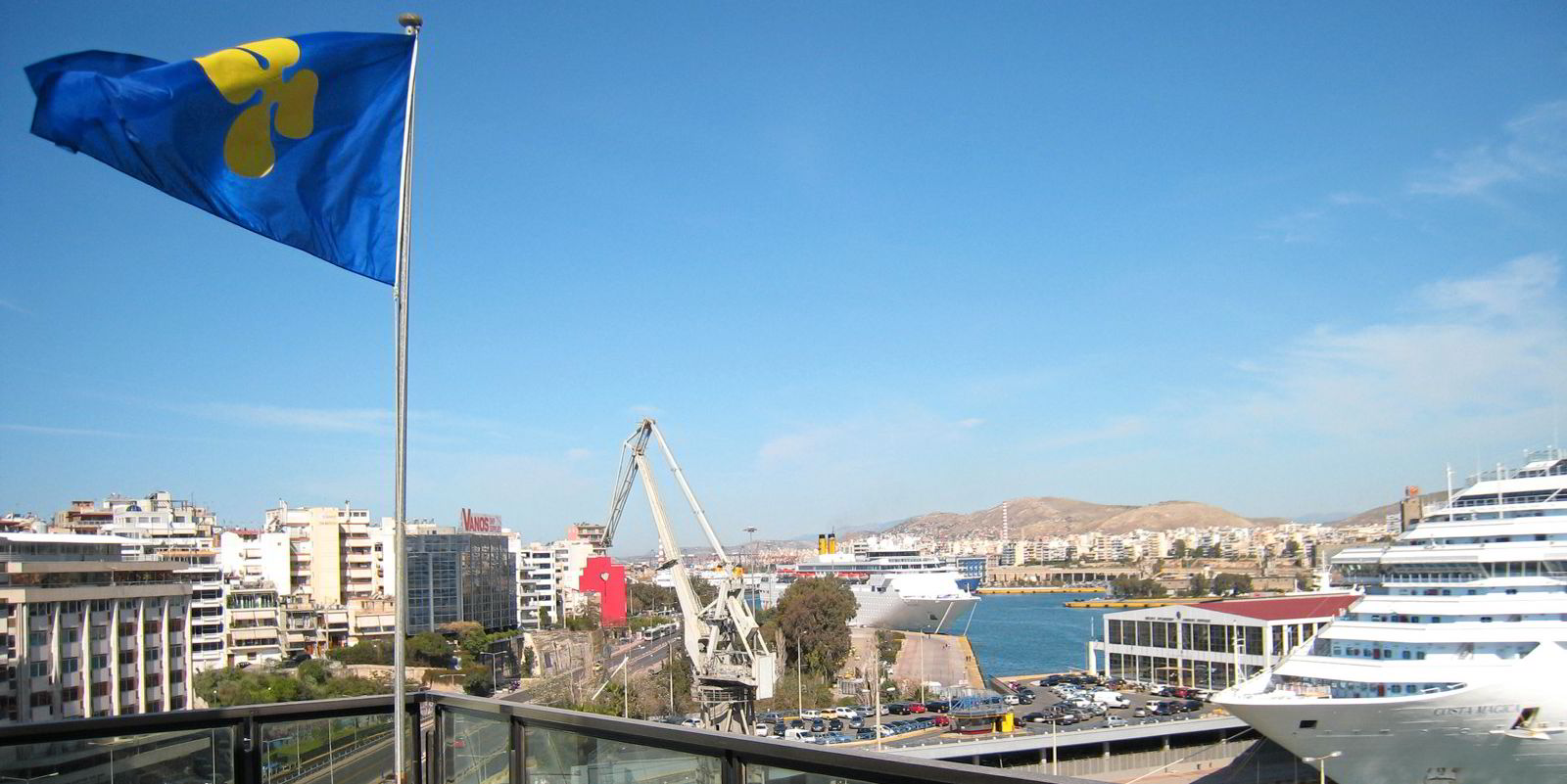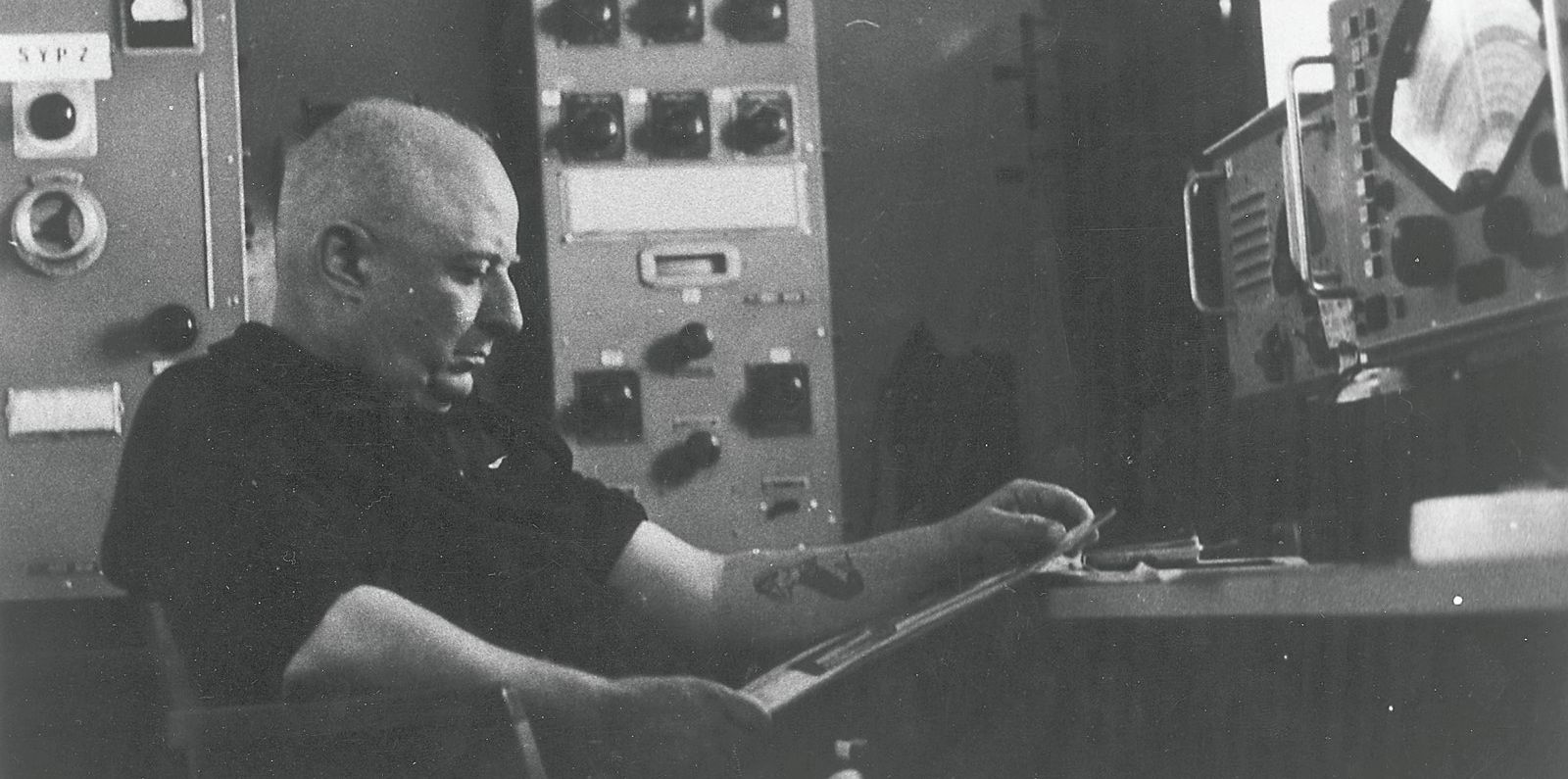Andreas Potamianos, doyen of the Greek cruise industry whose company Epirotiki Cruises put the Mediterranean nation onto the cruising map, died on Friday aged 88.
Described by his peers as one of the “last greats of Greek passenger shipping”, Potamianos was born into a prominent Cephalonian shipowning family whose shipping roots stretched back to 1850.
Greek shipping minister Yiannis Plakiotakis described Potamianos as “one of the pioneering founders of modern Greek shipping”.
“His name, and that of Epirotiki, were a byword for the Greek cruise industry for more than 50 years,” Plakiotakis said.
Enlisted at a young age into the family shipping business, which had been called Epirotiki following a move to Piraeus in 1902, Potamianos worked tirelessly with his father, Tasos, and brother George to turn it into one of the biggest passenger shipping companies in Greece.
Epirotiki made cruise history in 1954 when its tiny 2,300-gt passenger cargo ship Semiramis (built 1935) was converted into Greece’s first cruiseship and pioneered cruising out of Piraeus to the islands of the Aegean.
The venture was an immediate success and paved the way for dozens of other Greek shipowners to enter the cruise game.
After Andreas took full control of the company following the death of his father in the early 1970s, Epirotiki was hitting its stride. It ditched its remaining coastal passengerships to focus on amassing a large fleet of cruiseships.
The company’s cruiseships were all sourced secondhand, with some converted from very unlikely candidates including old colonial mailships, migrant carriers and even salvaged wrecks.

Flying the flag
Always flying the Greek flag, Epirotiki’s cruiseships were frequently seen at ports throughout Europe, the Americas, Africa, and even pioneered mainstream cruising up the Amazon River.
The company retained its prominent position in Greek cruising until 1995, when after a failed joint venture with Carnival Corp, it merged with its main rival, the Keusseoglou family Sun Line, to become Royal Olympic Cruises (ROC).
Potamianos’ stake in ROC diminished after the company listed on the Nasdaq.
After ROC closed down in 2003, Epirotiki maintained a small presence in the day-cruise trade and yacht management.
Potamianos continued to keep regular office hours in the Epirotiki Building on the Akti Miaouli, where he managed other business interests. But he still flew the Epirotiki house flag from the building's rooftop.
Visitors were always welcome. In 2013, over coffee in his penthouse office lined with cruise memorabilia and an imposing view over Piraeus’ port, he expressed sorrow over the decline of the Greek cruiseship industry to TradeWinds correspondent Jonathan Boonzaier.
Blame for this was placed squarely on the giant cruise conglomerates who had moved into the market following the lifting of restrictions on foreign-flagged ships — embarking passengers in Piraeus while enjoying lower costs than Greek-flagged ships by using low-paid international crews.

Multidimensional personality
A passionate supporter of his country's flag and seafarers, Potamianos was the longest-serving chairman of the Greek Shipowners’ Association for Passenger Ships, holding the title from 1980 until 2002. Afterwards, he continued to serve as the association’s vice chairman.
“Over the last few years, his huge experience as well as mild and encouraging manner turned him into a Nestor [a consultant from the Iliad] of our country's coastal shipping. We will miss his valuable advice and the intense interest he had for the future of our country's passenger shipping," said Plakiotakis.
“He wasn't just an outstanding businessman but also a person who left his mark with social and cultural activities.”
Potamianos was chairman of Greece's Special Olympics, the Association of Friendship between Greece and China, and the Nautical Club of Greece.
At the same time, Potamianos served as a member of the board of directors of the Greek Red Cross among many other institutions and organisations, including the 2004 Olympics Claim Committee.
And as if all that was not enough, Potamianos was also an honorary consul of Costa Rica and Senegal, as well as a board director of the National Bank of Greece.
Potamianos leaves behind his wife and life partner, Fleur; his three daughters Eleni, Katerina and Alexandra; and several grandchildren.
A close industry source described Potamianos as “a multidimensional personality, with the heart and soul of a teenager until the end of his life”.

Harry Papachristou contributed to this article







